Research partially funded by the JKTG Foundation recently appeared recently in the journal ‘Cancers’.
The research, Post-Hypoxic Cells Promote Metastatic Recurrence after Chemotherapy Treatment in TNBC, includes work by Daniele M. Gilkes, Ph.D., a researcher with whom JKTG has worked on several projects.
Initial JKTG funding connected researchers with highly experienced mentors to develop collaborative research projects via the Applied Mathematics in Germinating Oncology Solutions (AMIGOS) workshop resulting in Gilkes tracking individual cancer cells that experience hypoxia as they metastasize in a mouse model.
Her project collaborator, Paul Macklin, Ph.D., used this data to develop a mathematical model explaining how hypoxia promotes cell migration in a primary tumor.
The work highlighted in this most recent publication investigates whether cells that experienced intratumoral hypoxia are also resistant to chemotherapy.
By utilizing both in vivo and ex vivo models, the researchers conclude that metastatic cells found in the lung and liver, that were exposed to hypoxia in the primary tumor, are less sensitive to doxorubicin and paclitaxel and drive recurrence after treatment.
Our studies also suggest that chemoresistance is associated with a cancer stem cell-like phenotype that is maintained in post-hypoxic cells.
Featured news
Ted’s Take: Leaders and Leadership
We need more leaders; Government, businesses, consulting firms, fortune 500 companies, associations, you name it. The problem is there is a dearth of leaders, but few are truly able to take a leadership role.
Ted’s Take: Do we need AI guardrails?
Artificial Intelligence (AI) is all the rage now. There are all numbers of folks developing AI technology and applications that range from simple to complex.
Ted’s Take: Does AI learn and incorporate our biases?
We hear tons of conversation around the use of Artificial Intelligence (AI). We also hear that the application of AI might be the solution to almost everything. While that’s both an overstatement and unrealistic, there are a lot of companies and folks working to make AI do just that — solve everything

Jayne Koskinas Ted Giovanis
Foundation for Health and Policy
PO Box 130
Highland, Maryland 20777
Media contact: 202.548.0133


